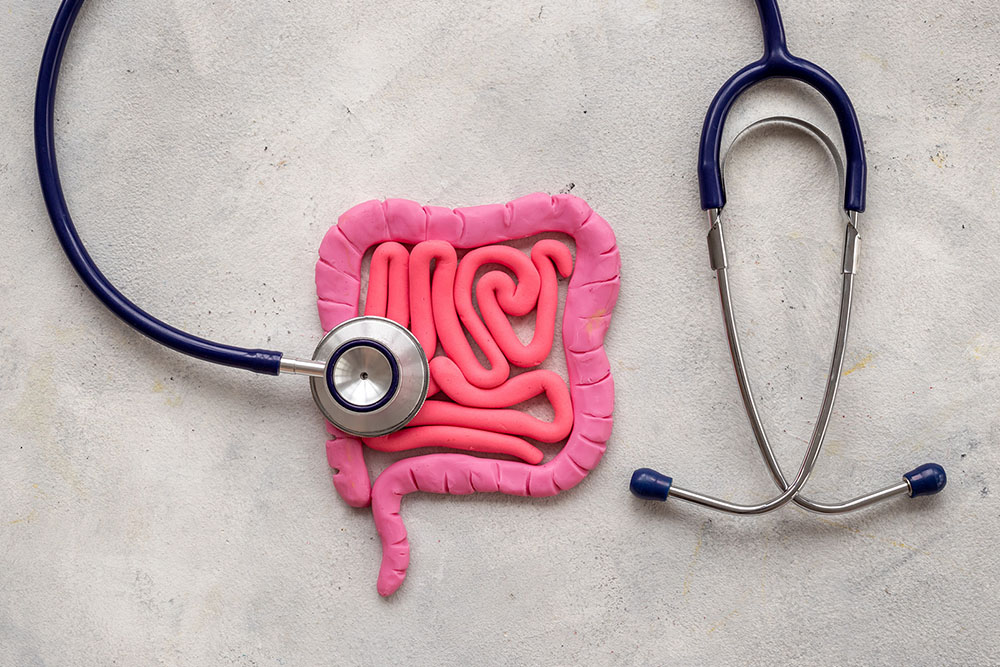Expert Treatment for Ulcers by Dr. Bharat Pothuri
Dr. Pothuri uses a step-by-step approach:
Medical History and Physical Exam
He reviews your symptom pattern-burning epigastric pain, timing around meals or at night-and assesses risk factors such as NSAID use, alcohol, smoking, stress, and family history.
H. pylori Testing
Detection of Helicobacter pylori via breath test, stool antigen, or blood antibody helps identify a leading cause of peptic ulcers.
Upper Endoscopy (EGD)
- Direct visualization of the stomach and duodenum with a flexible camera pinpoints ulcer location and size.
- Tissue biopsies check for H. pylori infection and exclude other causes like malignancy.
Laboratory Studies
- Complete blood count (CBC) to detect anemia from chronic bleeding.
- Stool occult blood test to screen for hidden gastrointestinal bleeding.
Imaging (If Indicated)
In select cases-such as suspected perforation or obstruction-a CT scan or barium swallow may be ordered to evaluate complications.
Frequently Asked Questions
What foods should I avoid with ulcers?
Spicy foods, alcohol, caffeine, citrus, and fried meals may irritate the stomach and worsen ulcer pain.
Can stress cause ulcers?
Stress doesn't directly cause ulcers but can increase stomach acid and make ulcer symptoms more severe.
How are ulcers diagnosed?
Dr. Pothuri uses upper endoscopy, lab tests, and H. pylori screening (breath, blood, or stool) to confirm ulcers.
What are the types of ulcers?
Gastric ulcers often cause pain after meals. Duodenal ulcers typically cause pain between meals or at night.
How long does it take ulcers to heal?
With proper medication and lifestyle changes, most ulcers heal in 4-8 weeks.
Can ulcers come back?
Yes. Following your treatment plan, avoiding NSAIDs, and treating H. pylori reduce the risk of recurrence.
When should I seek emergency help?
If you vomit blood, pass black or tarry stools, or experience sudden, severe abdominal pain, go to the ER immediately.












